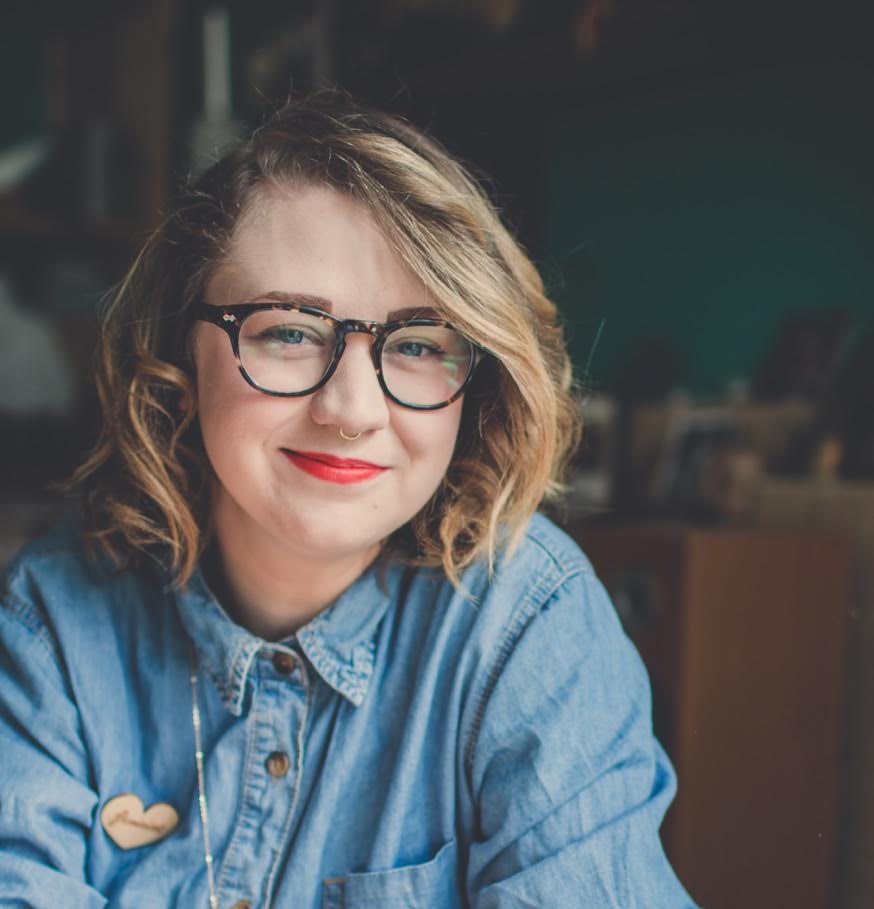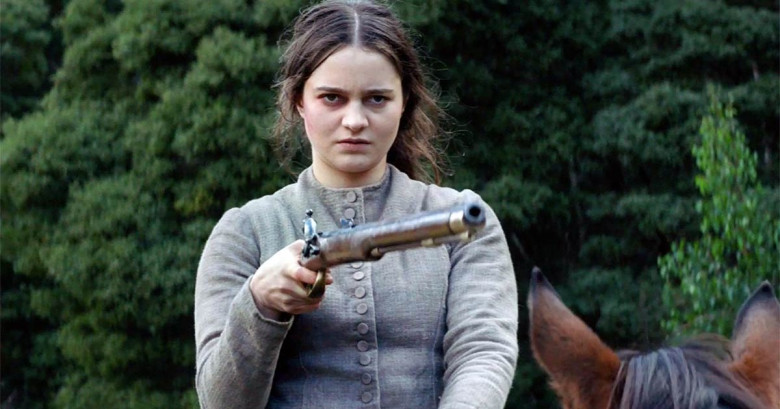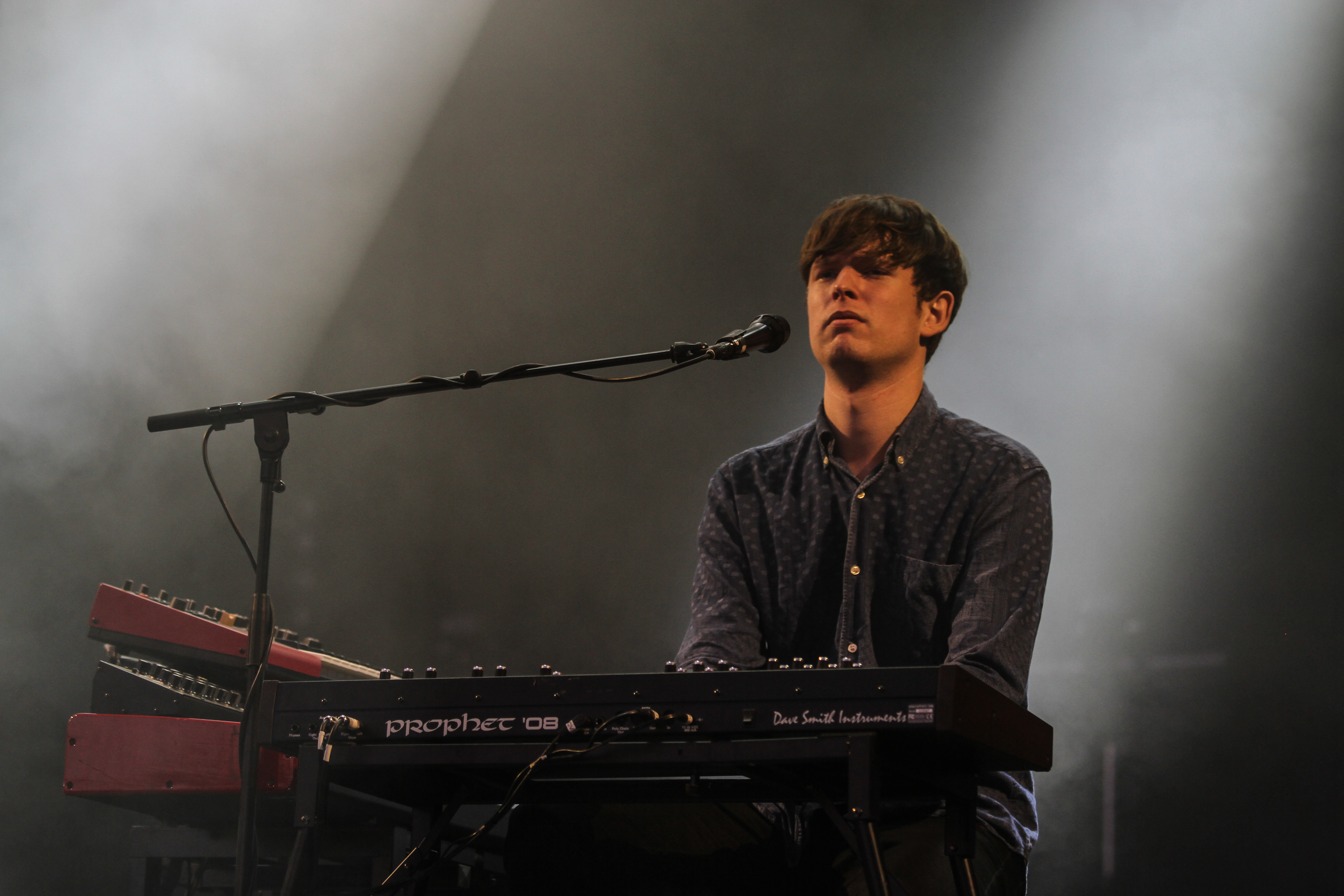If you envisage culture and community as a sort of Matryoshka doll with the outermost one being the U.K., liberal Britain sitting inside it, and groups like the LGBTQ+ community settling even further inside that, the Marlborough pub and theatre – a space long associated with the LGBTQ+ community, and currently home to the best of queer performance work – sits snugly at the very core: a community within a community within a community.
The pub downstairs reflects this – the furniture doesn’t all match, assorted pictures and paintings hang on the walls as if a collaborative effort at decorating someone’s living room. It feels authentic and inviting, the sort of pub where you could spend a day reading a book, and chat to the bar staff about things that you found interesting in it. The theatre above it only seats around 60 people, lending events the feel of a sort of family variety show.
The building itself is old, being constructed in the late 18th Century as a pub and inn. It has passed through various hands and occupied various guises. It is a place whose history is fettered with intrigue, which seems very appropriate for an establishment centered around both drinking and performing.
Up until the mid 19th Century, The Marlborough was a sort of fashionable bar and hotel for fairly well-to-do gentlemen, but both the furnishings and the building itself were seized when the landlord’s debts caught up with him. The Marlborough didn’t seem to get any better at avoiding scandal. The successive landlord was arrested in 1900 on suspicion of murdering his wife. She was found by a patron, bloody and beaten, at the foot of the stairs. This dramatic affair was later devised as a play, Murder at the Marlborough, and staged in the Marlborough Theatre in 1979.
This was around a decade after the theatre had first been opened, and the pub below it had been cemented as a space for the LGBTQ+ community. This was largely to do with the Sussex-based Gay Liberation Front and later the Campaign for Homosexual Equality using the pub as a weekly site for meetings.
The coinciding of the opening of the theatre and the consolidation of the pub as an LGBTQ+ space is a significant one, and helped craft it as a central venue for queer performance work.
Last week I sat down to chat with Abby Butcher, one of three of the Marlborough Theatre’s creative producers. Abby is a Live Art UK associate with Pink Fringe, a production company committed to showcasing the stories and art of LGBTQ+ individuals, and that stages much of its work in the Marlborough.
I find her sitting on one of those sofas that are so low, so comfortable, that they are almost impossible to get out of (the Marlborough has many of these), but she somehow springs quickly up, and leads me to a table less conducive to dozing off. When I ask her about the space, it is clear that she has an enormous amount of pride and affection for the Marlborough, and the work that is put on there. “Generally,” she tells me, “we are interested in work that explores queerness, that explores intersectionalities between queer identities and other identities, and the work we are most interested in is contemporary performance. So we don’t generally tend to support many plays or scripted work. It’s more like devised performances, original works”.
The Marlborough’s commitment to original work is a way to support current LGBTQ+ artists, and explore the conversations that are currently being had by the community. “We have an independent community strand,” says Butcher, “so people can just hire the theatre space out, but in terms of our curated program, a lot of that is work that’s touring around the country, and that doesn’t really have a home anywhere else in [Brighton]”. I ask her about this lack of a “home”, there seems to be relatively few queer performance spaces in Brighton, a discovery that came as a surprise. This seems to be something that Abby has also thought about. “I have a lot of feelings around the whole kind of queer culture in this city, because of the impression that the rest of the country has of what Brighton is is about it being a gay capital. And actually it is – it’s so dominated by gay white dudes, and actually, as always happens, the queer is kind of on the fringes of that. But if anywhere should have more queer spaces it’s here, so I think it’s really disappointing. I don’t really know any other queer pubs apart from this place. There aren’t many other places that I go, where I feel safe,” she explains. “We’re the only organization in the country that is presenting LGBTQ+ work all year round. There is nowhere else like us, which to me is just baffling. I mean, there are a lot of festivals and things, but in terms of a regular venue that hosts queer performance…These spaces are really valuable, and I think we need more of them”. And she is absolutely right.
In light of this, I ask her a little about her thoughts and worries concerning the current conservative political climate. Abby again stresses the importance of spaces such as this: “there is something reassuring about going, ‘oh my god, this is all happening’, and coming here and having that safe place. I think the last election, when Cameron got back in, we had Christine here. Christine’s like terror drag from Texas, she is fu**ing amazing, she writes all her own songs, and she has these two boys that dance with her, she will spit on you, and not give a s**t. She is dirty, filthy, does fu**ing radical, brilliant work. We’d just seen the exit polls and it had been like ‘oh, great, the Tories are back in’, and it rippled around the room and we were all stood waiting for the performance, and then she came in, being carried by her boys, with a buttplug in her a**e that had a helium balloon coming out of it, and we were like, ‘you know what? We’re going to be ok’. I’d say there is value in us having our community and our little family. It’s resistance, it’s how we do it. We’re used to doing that as queers and as being part of any group that’s discriminated against, and now, if anything this needs to happen more”.
A large part of the resistance that the Marlborough is able to house and perform also comes from the collaborative ways in which pieces are devised. “There needs not to be a hierarchy within the programming,” Abby tells me. “It needs to be the community going, this is what we need right now in the programme. The pub is the most useful thing for that. It’s the classic space for having those conversations. After shows we don’t have to kick [audience members] out onto the street. We can be like, ‘let’s go and have a drink and talk about that, and let’s talk more about what you want’. And, you know, we’ve genuinely made programme decisions based around conversations we’ve had afterwards, and we want to keep doing that.”
While Abby did not necessarily begin her career with her current job in mind, claiming she sort of “fell into it”, it is clear that she is passionate about the work she, and the Marlborough, is doing. Her favourite event staged under her tenure was last year’s Trans Pride Art Night in July. “We commissioned three trans artists, and they all performed three short pieces. We managed to get some really good Arts Council funding to start them off on this process and we sold out and it was like a really gorgeous diverse audience, a lot of whom I hadn’t seen here before, and they fu**ing loved it. And it was just one of those moments when you’re like ‘yeah, this is why we do it’. It just felt like it was about the community and it was just for them and it was just such a gorgeous moment, a really special night”.
Existence is resistance, as the saying goes, and the existence of this place – it’s warm, red walls, high ceilings, and a stage so close to the audience that it can only ever be intimate – beams a reassuring light toward a dark and unstable future.





